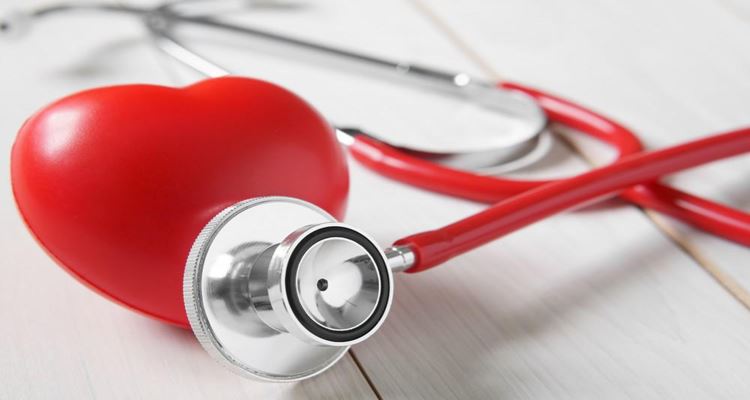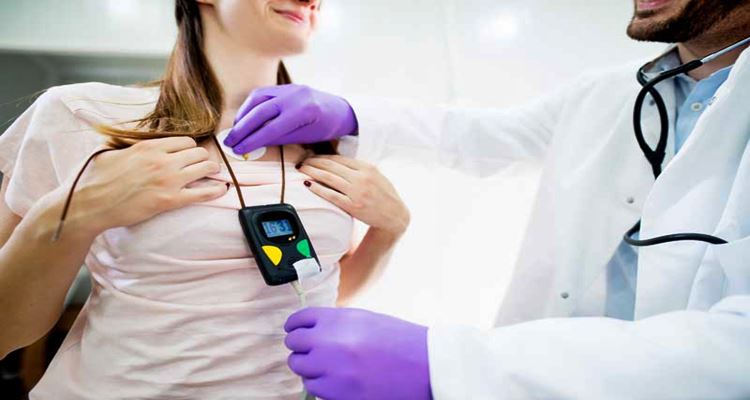HEART PALPITATIONS SYMPTOMS – Have you ever felt your heart racing or pounding? It must be palpitations and these are the symptoms of this.
The sensation you feel racing, pounding, or fluttering in your chest is called palpitations and these are normal oftentimes. There are several causes for this and the treatment will be based on what causes it. Here are the signs and symptoms indicating this condition.
What Causes Heart Palpitations? Its Symptoms & Risk Factors
Here are some details about what causes heart palpitations that you probably don’t know yet.
WHAT CAUSES HEART PALPITATIONS – Most of us have surely suffered from palpitation and here are the causes behind this incident.
Johns Hopkins Medicine defined palpitations as “characterized as a general or heightened awareness of your own heartbeat”. It could be too fast, too slow, or otherwise irregular.
You can feel your heart racing, jumping, fluttering, or skipping a beat and this kind of sensation can be felt in the chest or neck.
This may occur while activity or during rest.

Among the common causes are:
- strenuous exercise
- lack of sleep
- stress and anxiety
- medicines
- alcohol
- caffeine
- nicotine
Going through hormonal changes associated with menstruation, pregnancy, or menopause may also cause this. This may also be a result of a range of heart arrhythmias like the following:
- Supraventricular tachycardia – the rapid beating originates in the lower heart chambers
- Atrial fibrillation – this is the most common type of arrhythmia that can possibly affect the blood flow to the ventricles and there’s a high risk that it could lead to serious clotting conditions or stroke
- Ventricular tachycardia – the type of arrhythmia that can cause loss of consciousness, cardiac arrest, or sudden death
According to a post from Mayo Clinic, the risk factors are:
- Stress
- Anxiety disorder or panic attack
- Pregnancy
- Certain medicines
- Hyperthyroidism
- Other heart problems (irregular heartbeats, structural heart changes, previous heart attack, or previous heart surgery)
The treatment of this condition will depend on what causes it. But oftentimes, palpitations are harmless and can go away on their own.
The best thing to do to prevent it is to avoid the triggers or do some techniques such as easing your stress, cutting out certain foods and drinks, avoiding medications, and other lifestyle changes.
READ ALSO:
- Coffee Palpitations – Can Caffeine Cause Heart Palpitations?
- Fiber Foods – What Are The Good Food Sources Of Fiber?
What can you say about this? Let us know!

